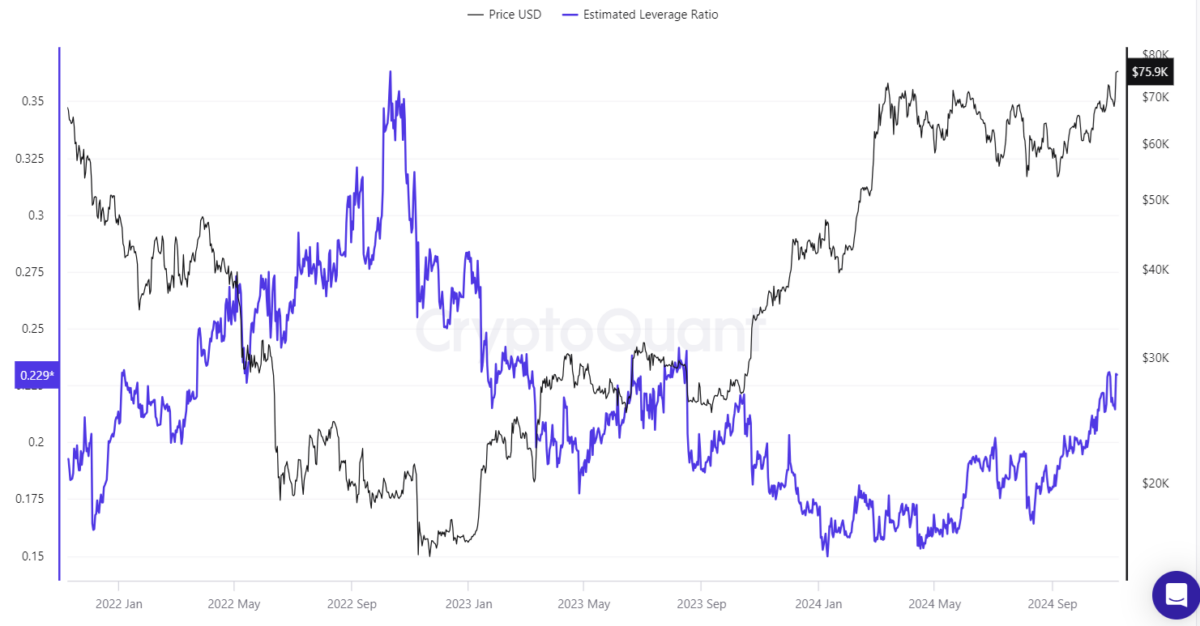Crypto firms are raising billions in venture capital funding, though we’re nowhere near the top of the 2022 cycle.
However, the same type of capital isn’t flowing into projects in the same way this time around.
In fact, to be anywhere near where we were in 2022, we’d have to see funding hit roughly $23 billion or $24 billion, and PitchBook Senior Analyst Robert Le says he just doesn’t “see that amount of capital going back into crypto this year or next year.”
Those figures could be 3-5 years out, he told Blockworks, adding that it’s going to be a longer-term thing.
Jacob Martin, general partner at seed-stage venture firm 2 Punks, said he’s not sure we’ll ever get back to the 2022 levels. Part of the reason is that the general environment back then was very different from our current situation.
“Crypto has a branding problem,” Martin added.
When looking for potential startups to invest in, he further noted that some projects look great on paper but can’t fully flesh out where the user base could come from. This isn’t an issue across the board, but it’s one that VCs continue to run into.
Let’s look at Farcaster as an example. A lot of VC money — roughly $150 million — piled into the potential social media darling last quarter.
But Le and PitchBook’s second-quarter study found that Farcaster has only really brought on crypto-native users and hasn’t yet shown signs of bucking that trend.
Aside from potential disruptors, VC money right now is highly focused on blockchain infrastructure.
“I think part of the challenge is you see most of the investments going into the infrastructure side of things, and not on the app layer. I think once you see the application layer, that’s where you get a lot of investments, right?” Le said. “We haven’t really seen [investments in apps] yet … I think at the end of the day, most of the value accretion in any kind of technology will be at the application layer.”
To put it simply, Le said that right now it’s like folks investing in Amazon Web Services over the potential to invest in the firms built on AWS. Think Uber, Airbnb and Meta (formerly Facebook).
“We’re gonna expect to see that parabolic amount of investments when applications are serving end users, whether retail end users or like, businesses or enterprises,” he said.
One such area that Le is watching closely is decentralized GPU networks.
“With the explosion of AI, the demand for computing resources has surged dramatically. This is particularly true for training large-scale AI models, where the availability of computational power represents one of the most significant bottlenecks,” he wrote.
Le teased that he’s digging deeper into the crossover between AI and blockchain as the interest in the segment grows.
A shorter version of this article appeared in Wednesday’s Empire newsletter.
Start your day with top crypto insights from David Canellis and Katherine Ross. Subscribe to the Empire newsletter.
Explore the growing intersection between crypto, macroeconomics, policy and finance with Ben Strack, Casey Wagner and Felix Jauvin. Subscribe to the On the Margin newsletter.
The Lightspeed newsletter is all things Solana, in your inbox, every day. Subscribe to daily Solana news from Jack Kubinec and Jeff Albus.










